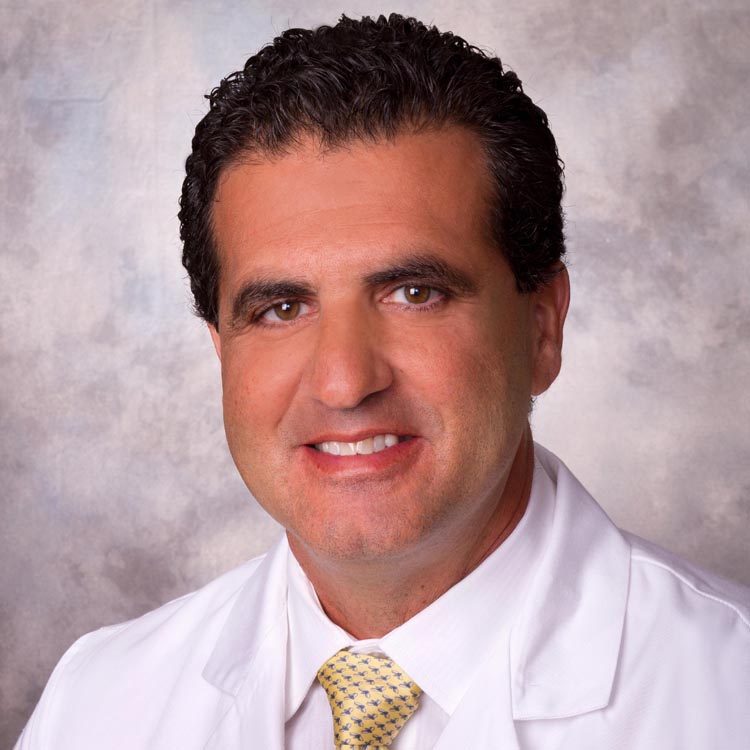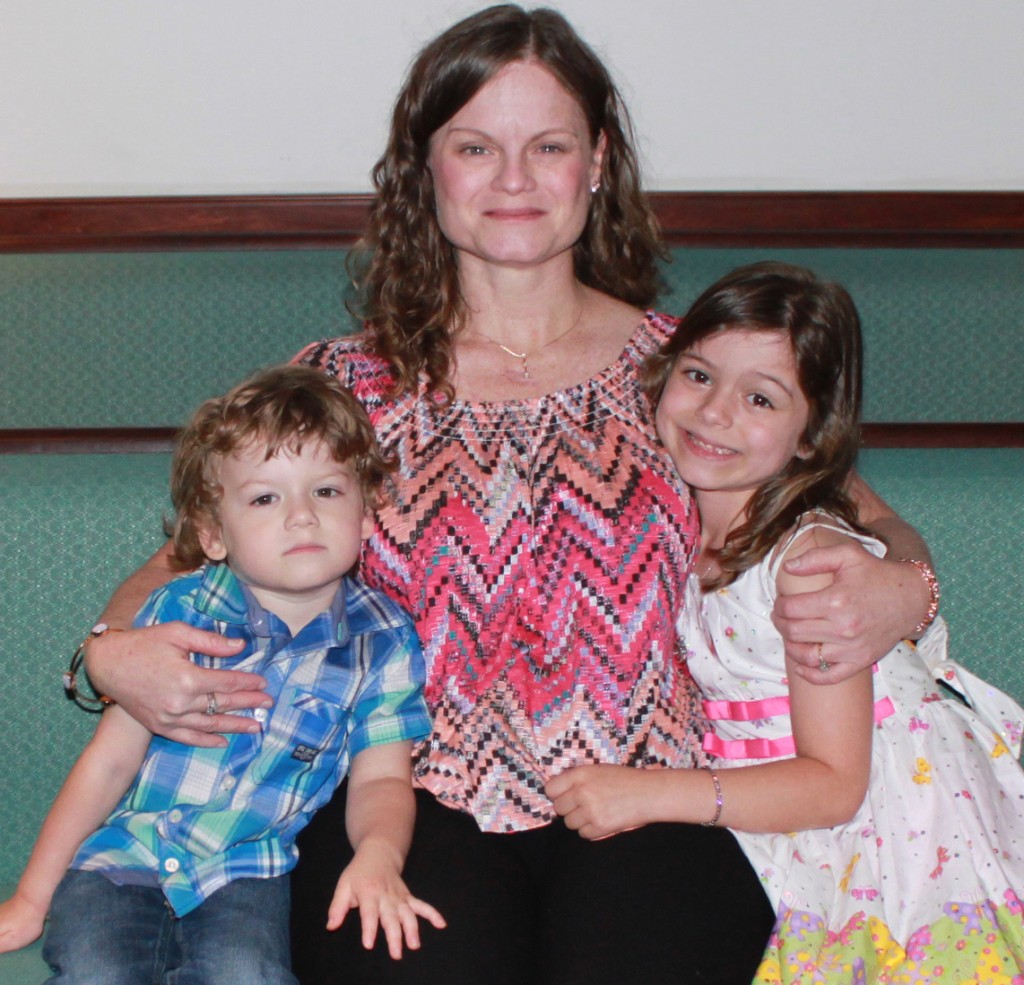By Dr. Charles Lago
As we enter into March Colorectal Awareness Month, most parents think that awareness is only for adults in their 50s. But think again because your child could very well be carrying a gene for colorectal cancer that if detected early, could save your child’s life well into adulthood.
Colon cancer, a malignant tumor of the large intestine is the third most commonly diagnosed cancer in both sexes. The vast majority of colon cancer cases are not hereditary. However, approximately 5 percent of individuals with colon cancer have a hereditary form. In those families, the chance of developing colon cancer is significantly hi
If a family member has had some form of colorectal cancer, they could be carrying the gene that inevitably can be creeping within the family tree. It’s important that genetic testing is done to find out if a person’s colorectal cancer is hereditary so that family members can learn if they are also at increased risk and take action with increased surveillance, surgical management and/or chemoprevention(risk-reducing medications).
Two of the most common inherited colon cancer conditions are FAP (familial adenomatous polyposis) and HNPCC (hereditary nonpolyposis colorectal cancer), referred to as Lynch syndrome:
• Those with the gene mutation of FAP have close to a 100% chance of developing colon cancer by age 40. Because FAP can be a childhood onset condi- tion, screening for polyps begins between ages 7-12.
• Those with the gene mutation of HNPCC(Lynch Syndrome) have an 80% lifetime risk of developing colon cancer and need to have colonoscopy exams starting at age 20-25, and this needs to be repeated every one to two years
Jennifer Cunningham is colorectal cancer survivor diagnosed at age 26. Her older sister unfortunately lost the battle of colon cancer at age 42 as she choose to opt out of early detection screenings given the strong family history. Today Jennifer is taking a very pro-active role for her family knowing that she carries a genetic gene that could possibly affect her children. Without this important piece of information, her children could go unmonitored without knowing if they too carry the gene that would put them at a much higher risk. Both of her children will be screened for the gene mutation. Alyssa, 8- years-old will be screened later this year and her 4-year-old son Justin will wait to be screened at 8-years-old as well.
Confirming the presence of a gene mutation allows for medical management to help reduce cancer risk and either delay the onset of cancer or detect it at an earlier, more treatable stage.
A genetics test can be as simple as a blood test or oral rinse sample. Consult your healthcare provider to determine if you are a candidate for this genetics test. Knowing the results may help patients act before cancer has a chance to develop.
Dr. Charles Lago Medical Director of the Colorectal Center at Broward Health Coral Springs First in the state and second in the country to become a certified Colorectal Center for minimally invasive colon and rectal surgery by Joint Commission.
For more information on colorectal genetic testing or colorectal diseases log onto, www.browardhealth.org/BHCScolorectal or call the Broward Health Coral Springs Colorectal Center at 954-344-3329.
Pictured: Jennifer Cunningham with her two children Alyssa, 8 and Justin, 4.


